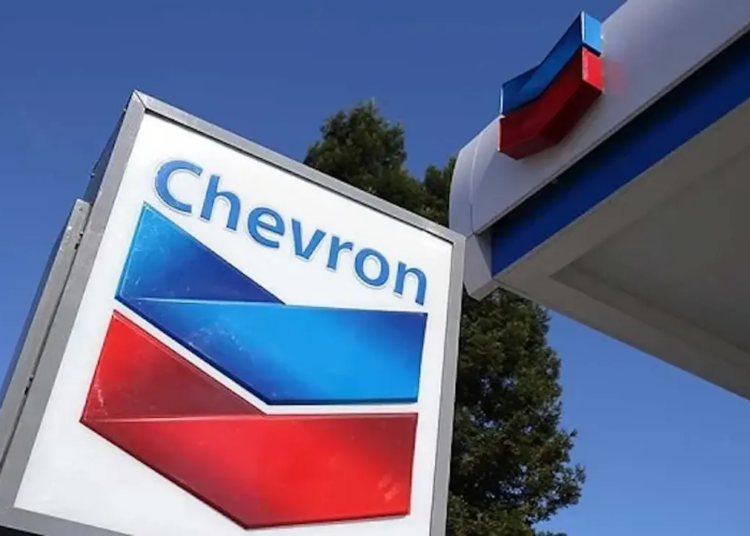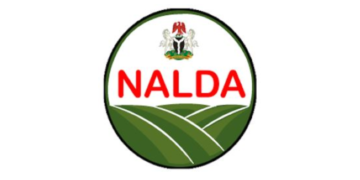Chevron has promised to increase its participation in building virile local content structure in Nigeria through robust partnerships with local businesses operators.
For the last 10 years, Chevron said it has spent an estimated annual average of $1 billion on Nigerian suppliers and service providers, which amounts to over $10 billion.
“We do all this, not because we are compelled to, but because it is the right thing to do,” the company said.
It said that Nigerian content development is critical for the growth and development of the nation as it progresses in its quest to acquire oil and gas technology and build indigenous capacity in the oil and gas industry.
Chairman and managing director of Chevron Nigeria and Mid-Africa Business Unit, Jim Swartz made this remark at a Panel session on The Next Frontier for Nigerian Content: Divestments & Offshore Opportunities, during the 2024 edition of the Practical Nigerian Content Forum organized by the Nigerian Content Development and Monitoring Board (NCDMB) in Yenagoa, Bayelsa State from December 2 to 5, 2024.
Jim noted that as an industry that thrives on partnership with key stakeholders, the Nigerian oil and gas industry is expected to continue to play an active role in prioritising Nigerian content development and building local capacity in the industry.
He explained that Chevron believes that its business success in providing affordable, reliable, ever-cleaner energy is directly tied to the progress and prosperity of the people it works with and the communities where it operates. “Our strategy is to leverage our strengths to safely deliver lower carbon energy to a growing world. Our primary objective is to deliver higher returns, lower carbon, and superior stakeholder value in any business environment,” he stated.
According to Jim, “having made significant investments in Nigeria for over 60 years, Chevron believes that the broad and varied opportunities in the oil and gas industry, can be harnessed to engender economic development, with the appropriate government legislation, policies, and regulations.
“Chevron’s Nigerian Content policy is driven by the vision to be recognised as the petroleum company that works best to foster competence and competitiveness among Nigerian indigenous contractors and suppliers, by adopting the participatory-partnership model,” he remarked.
The chairman and managing director noted that Chevron companies in Nigeria had developed and implemented the Local/Nigerian Content development philosophy as far back as 1999, well before the April 2010 enactment of the Nigerian Oil and Gas Industry Content Development Act (“NOGICD Act”).
He stated, “At Chevron, we demonstrate our commitment to the socio-economic development of Nigeria by building mutually beneficial partnerships and supporting the policies of the government on Nigerian Content Development. In addition to skills acquisition training for Nigerians, Chevron provides contract and procurement opportunities, support for asset acquisition, technical support, and facilitates collaboration on research and development for local community contractors.”
“For the last 10 years, CNL has spent an estimated annual average of $1 billion on Nigerian suppliers and service providers. We do all this, not because we are compelled to, but because it is the right thing to do,” he remarked.
Jim affirmed that Chevron would continue to partner with the NCDMB to boost local capacities in the Nigerian oil and gas industry. “We will continue our efforts in capacity building and training of the local talents, our support for research and development and facilitation of partnerships among local businesses”, he concluded.





